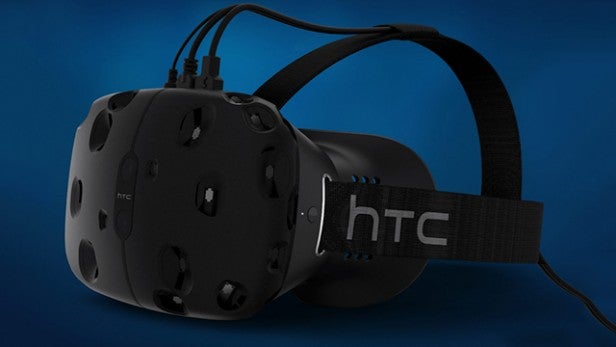It’ll take “20 years” before VR makes it to eSports

It could take up to 20 years for virtual reality to make it to burgeoning eSports industry, claims DreamHack organizer.
Virtual reality headsets are set to become an imminent reality with a trio due to be unleashed onto consumers over the course of the next 12 months.
Both the Oculus Rift and Valve’s HTC Vive are gearing up to launch for the PC – the latter supposedly before the end of the year – while PlayStation VR will join the roster of PS4 accessories most likely in 2016.
However, those currently involved in eSports don’t believe they will impact the high-skilled, fast-paced world of competitive spectator gaming any time soon. If ever.
Speaking to TrustedReviews at DreamHack’s inaugural London event Nicklas Andersson, Sales Manager of DreamHack, claimed:
“VR will have an impact in esports in the future, but it’s many years away. When it comes to esports everything needs to be precise, so I don’t think it’ll be for another 15-20 years.”
Related: Oculus Rift vs HTC Vive
It’s a sentiment echoed by the Intel-sponsored CS:GO Team Property, who love the idea of VR, but don’t see it working in the realm of eSports.
“I don’t think VR is going to make it to competitive gaming. VR is going to grow a lot – my childhood dream was to play games like Spyro [the Dragon] in virtual reality. VR presents a whole different game style, though, that would be hard to get used to.
“It will be cool, but it won’t reach competitive levels because VR will end up more of a hobby,” they believe.
Do you think VR will make it into competitive gaming soon? Let us know in the comments.


